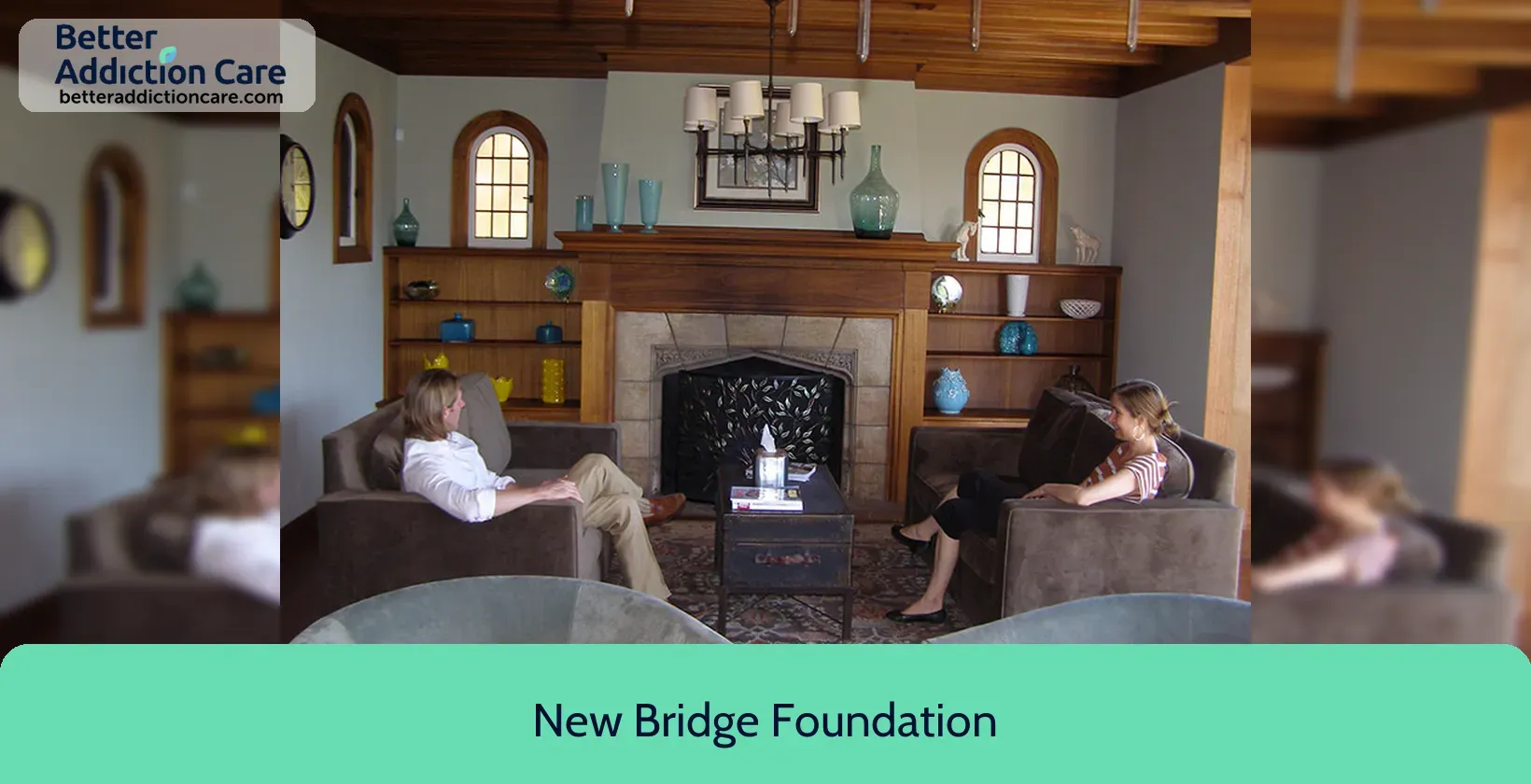Berkeley City Mental Health - Adult Services

Overview
Berkeley City Mental Health - Adult Services is a mental health treatment center for people seeking treatment near Alameda County. As part of their treatment modalities for recovery, Berkeley City Mental Health - Adult Services provides individual psychotherapy, cognitive behavioral therapy, and dialectical behavior therapy during treatment. Berkeley City Mental Health - Adult Services is located in Berkeley, California, accepting medicaid for treatment.
Berkeley City Mental Health - Adult Services at a Glance
Payment Options
- Medicaid
- Cash or self-payment
- State-financed health insurance plan other than Medicaid
- Payment assistance (check with facility for details)
- Sliding fee scale (fee is based on income and other factors)
Assessments
- Comprehensive mental health assessment
Age Groups
- Adults
- Young adults
Operation
- Private for-profit organization
Highlights About Berkeley City Mental Health - Adult Services
6.68/10
With an overall rating of 6.68/10, this facility has following balanced range of services. Alcohol Rehabilitation: 8.00/10, Drug Rehab and Detox: 6.00/10, Insurance and Payments: 6.00/10, Treatment Options: 6.73/10.-
Alcohol Rehabilitation 8.00
-
Treatment Options 6.73
-
Drug Rehab and Detox 6.00
-
Insurance and Payments 6.00
Treatment At Berkeley City Mental Health - Adult Services
Treatment Conditions
- Mental health treatment
Care Levels
- Outpatient
Treatment Modalities
- Individual psychotherapy
- Cognitive Behavioral Therapy
- Dialectical Behavior Therapy
- Group counseling
- Experiential Therapy
Ancillary Services
Languages
- Sign language services for the deaf and hard of hearing
- Spanish
Special Programs
- Clients who have experienced trauma
- Persons 18 and older with serious mental illness (SMI)
Get Help Now
Common Questions About Berkeley City Mental Health - Adult Services
Contact Information
Other Facilities in Berkeley

6.56

6.71
DISCLAIMER: The facility name, logo and brand are the property and registered trademarks of New Bridge Foundation, and are being used for identification and informational purposes only. Use of these names, logos and brands shall not imply endorsement. BetterAddictionCare.com is not affiliated with or sponsored by New Bridge Foundation.
